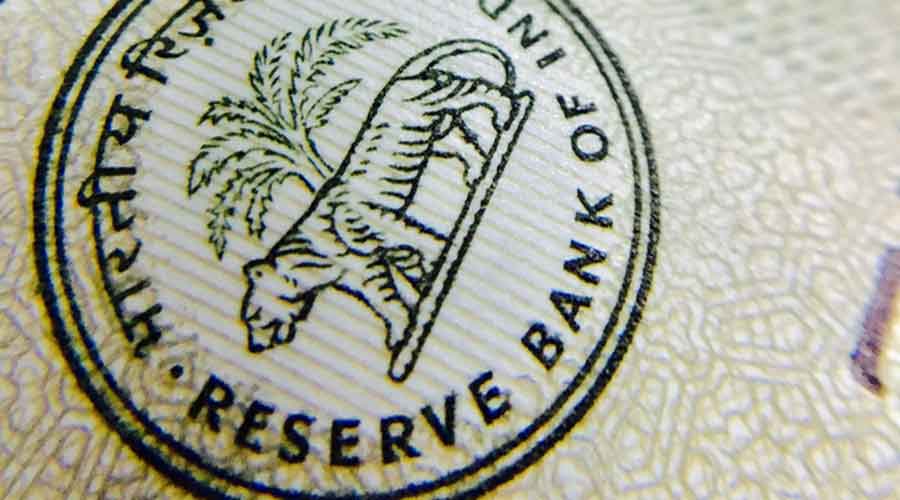The Centre has asked the RBI to consider July as the starting month for inflation targeting as there was a break in the inflation series in April and May, meaning the apex bank will not have to submit a report as to why it has failed in the targeting for three quarters running starting January.
According to the RBI Act, if the central bank is unable to meet the inflation target (4 per cent with a band of +/- 2 per cent) for three quarters in a row, it will have to send a report to the Centre, citing the reasons for the failure to achieve the target, the remedial actions proposed to be taken and an estimate of the time period within which the inflation target shall be achieved after the implementation of the remedial actions.
However, in what could be a face saver to the government, it has now asked the central bank to consider the retail inflation data from the quarter beginning July 2020. The Centre is taking refuge in the break in the CPI series during April and May, which had prompted it to give an imputed inflation data for these two months.
Since January this year, inflation has stayed above the 6-per-cent mark. Economists project the headline CPI inflation in September to also remain well above the upper band of 6 per cent.
According to a Nomura note, the sharp unseasonal rise in vegetable prices is likely to keep headline inflation elevated at around 7 per cent in September.
Murthy Nagarajan, head of fixed income, Tata Mutual Fund, also expects headline inflation to remain elevated in the near term on account of higher food, fuel and gold prices.
If these projections are right, the average CPI inflation for the July-September quarter will be above 6.50 per cent compared with 6.69 per cent from January-March and 6.52 per cent from April-June 2020 which should compel the RBI to submit a report to the Centre.
A Cogencis report said that last month economic affairs secretary Tarun Bajaj had written to the RBI saying the imputed CPI data for April and May do not reflect the true state of the price situation in the economy from the perspective of the monetary policy.
Bajaj said that for the purpose of assessing the failure to meet the inflation target, the RBI is allowed to not include the inflation data from April to June. So, the central bank’s accountability to meet the inflation target will begin from the July 2020 quarter.
Meanwhile, the government on Wednesday appointed RBI’s senior-most executive director M Rajeshwar Rao as the deputy governor of the central bank. The post was vacated by N. S. Vishwanathan who stepped down three months ahead of his extended tenure on health grounds
The RBI Act mentions three quarters in a row, so inflation numbers for the rest of the months (before July when data was available) cannot be counted.
In its meeting held in August, the Monetary Policy Committee (MPC) had said that the NSO has not provided inflation rates for April and May. ``For the purpose of monetary formulation and conduct, therefore, the MPC is of the view that CPI prints for April and May can be regarded as a break in the CPI series’’, this indicating that these two months should not be counted while fixing its accountability on meeting the medium term inflation target.
The Government’s move should bring relief to the reconstituted MPC which is set to announce the monetary policy on Friday. It is widely expected to retain the repo rate at four per cent.











